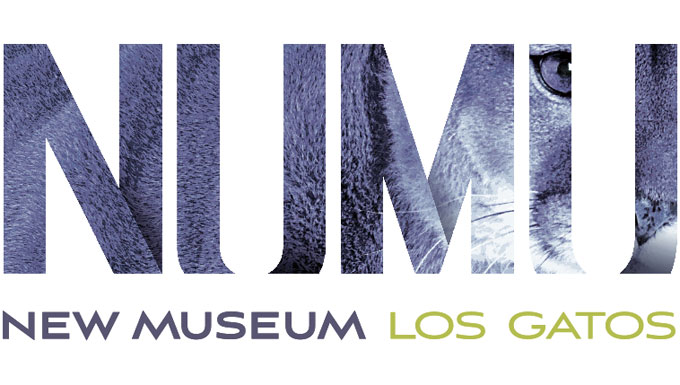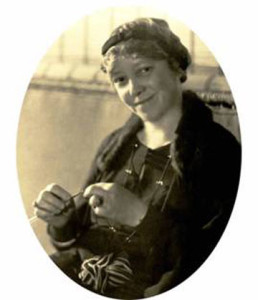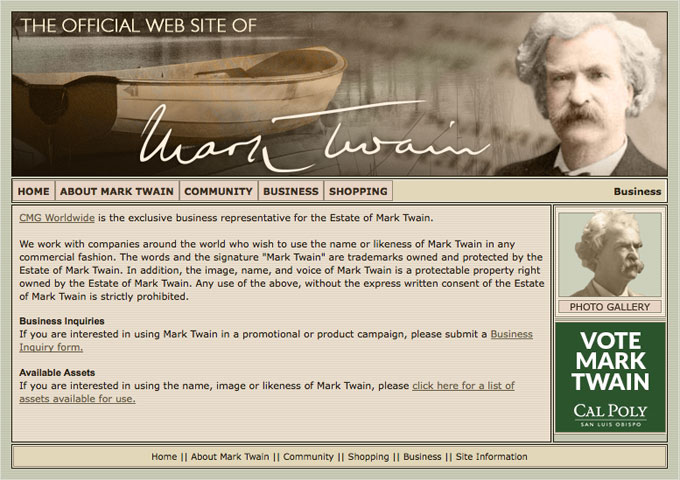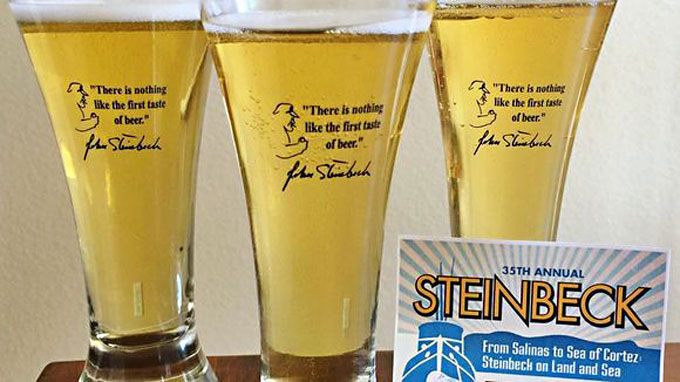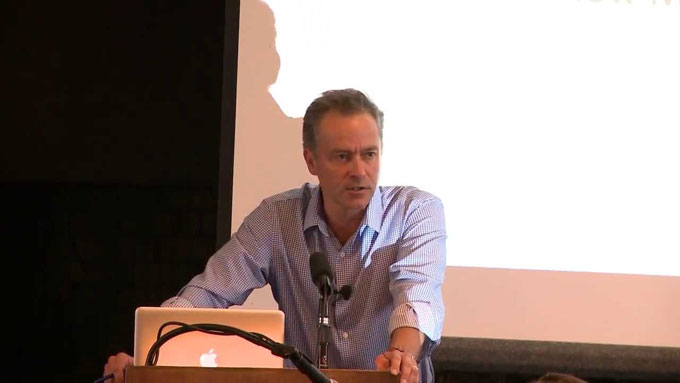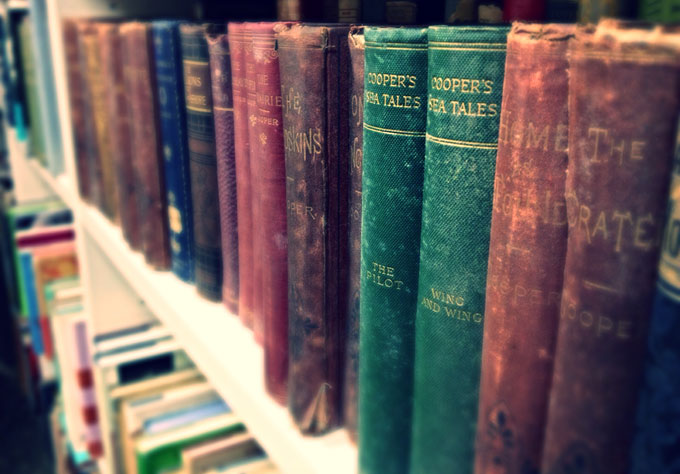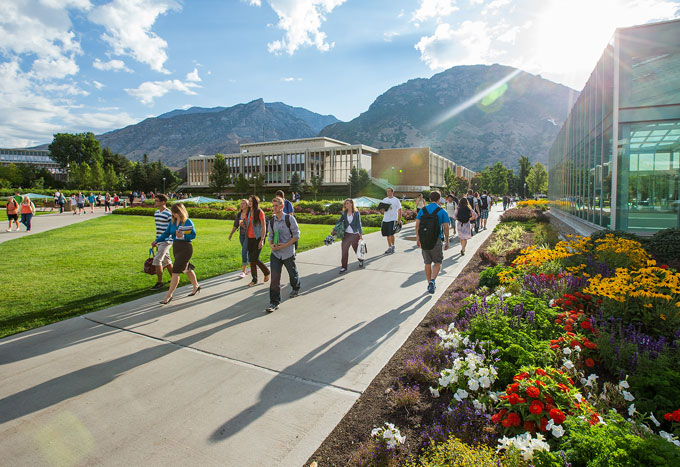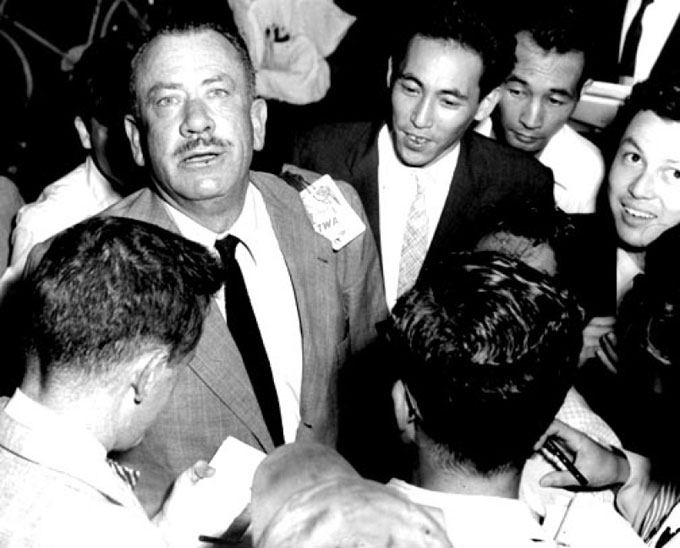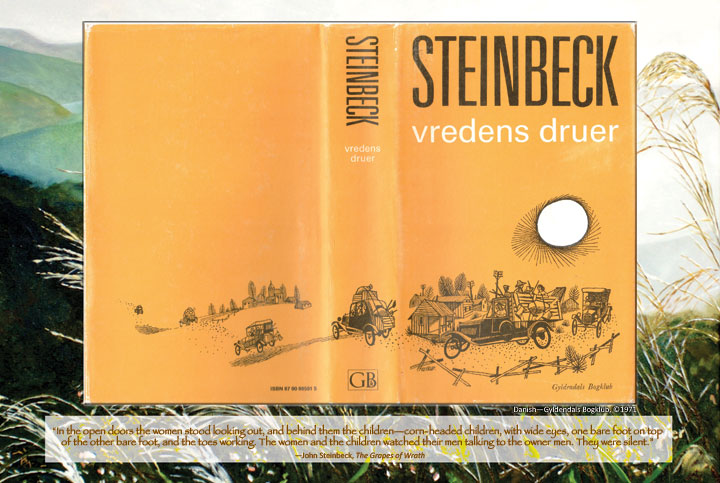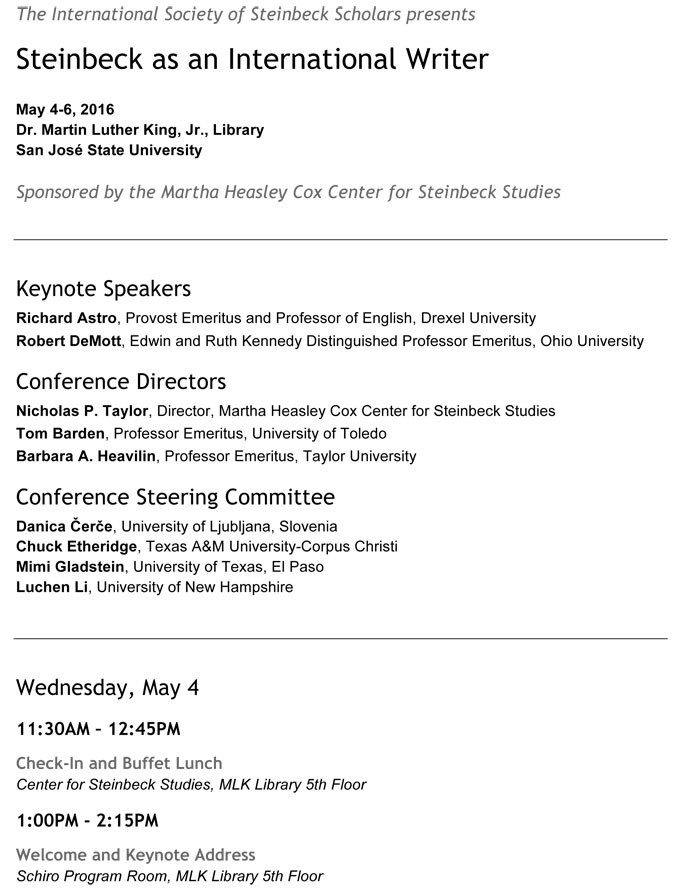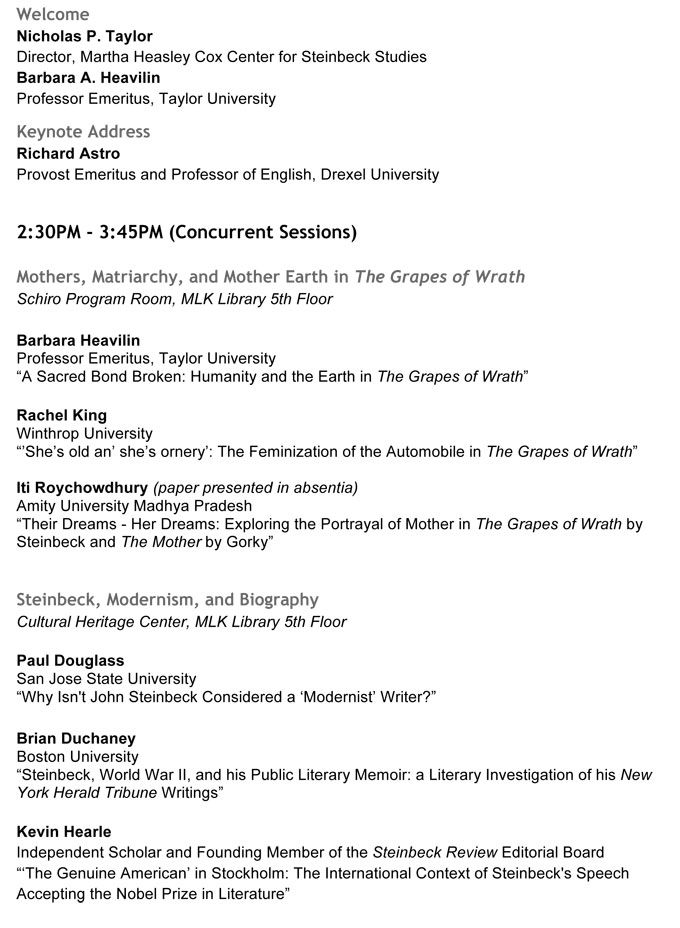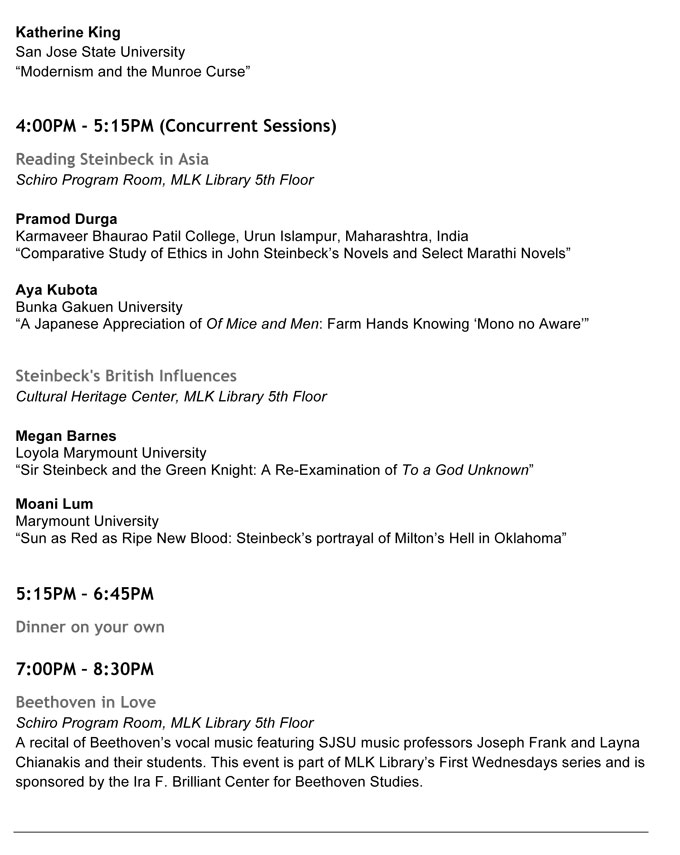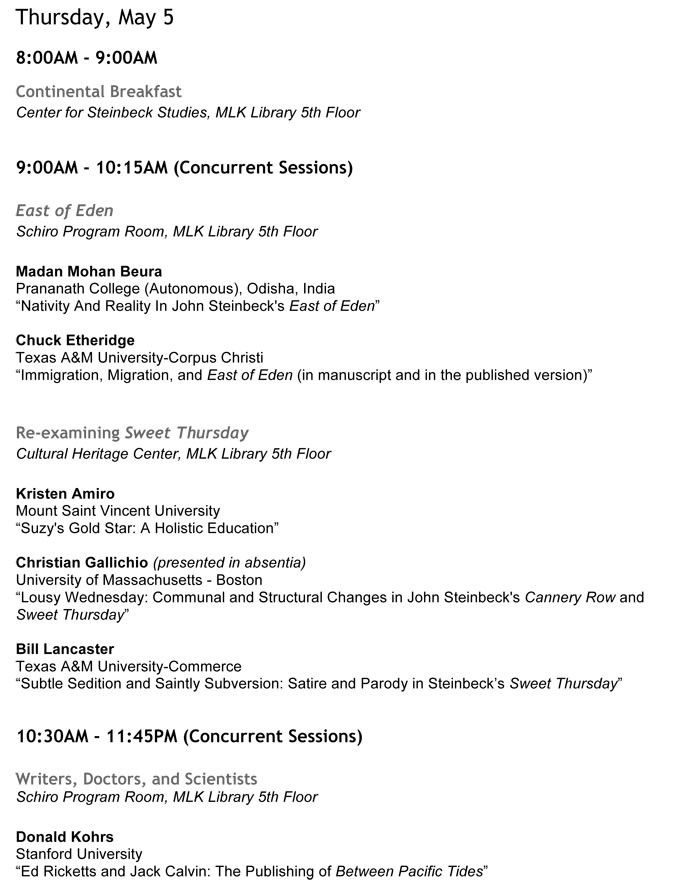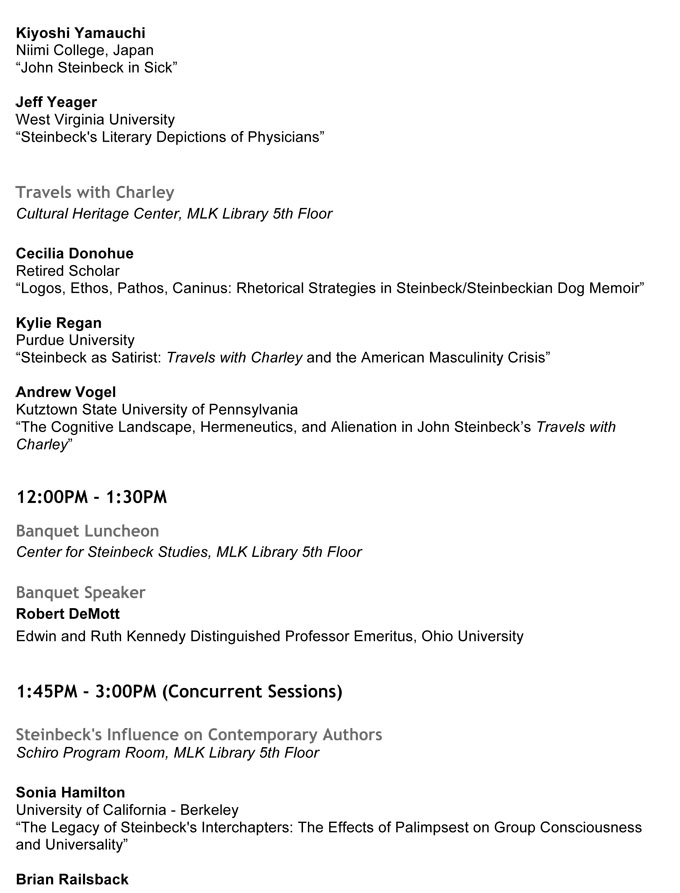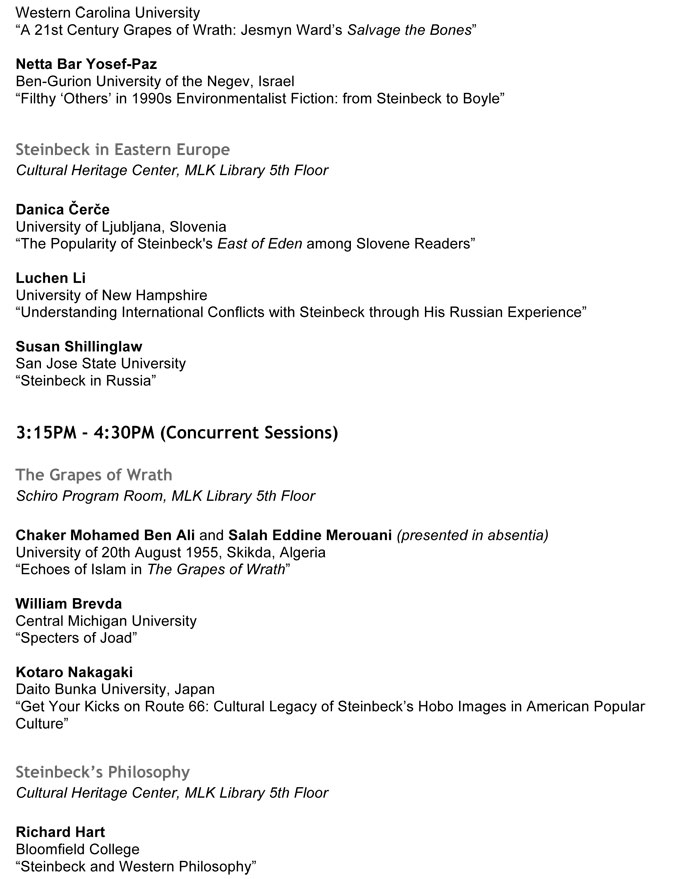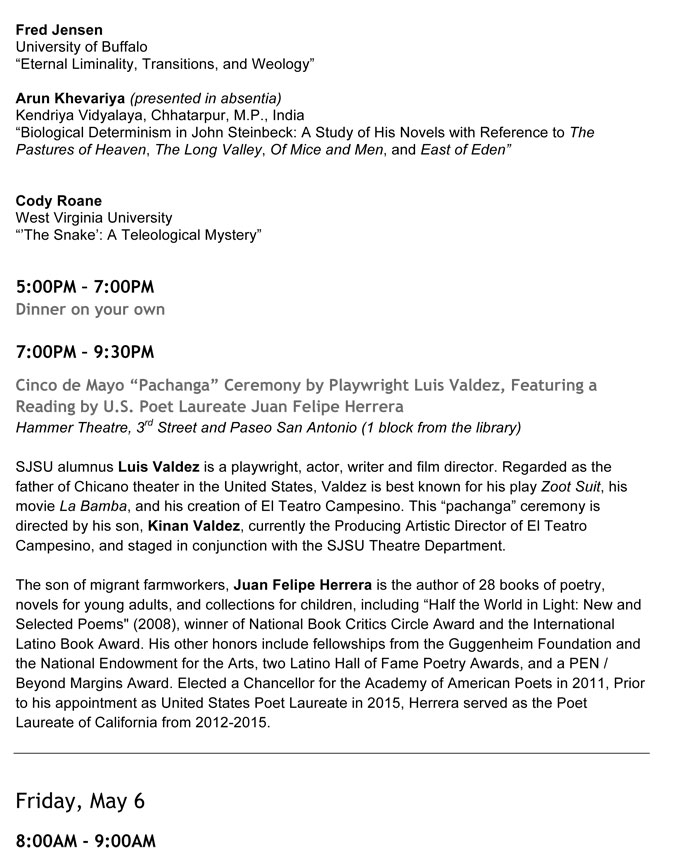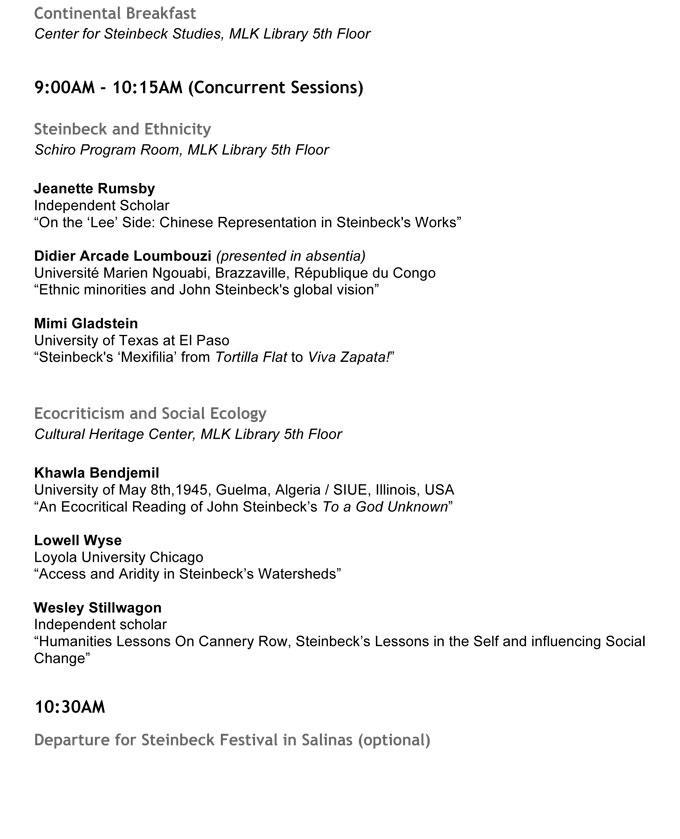Sometimes fences don’t make good neighbors. Take, for example, the town of Los Gatos, California, where John Steinbeck lived while writing The Grapes of Wrath. Ruth Comfort Mitchell, a California Republican Party stalwart and longtime Los Gatos resident, made speeches against Steinbeck and rebutted his book with her own novel, Of Human Kindness, a whitewash of California agricultural practices in 1940. The wife of a Republican Party official who served in the state senate, Mitchell was a conservative advocate and author with a following, but she wrote her novel in a hurry, and her defense of Republican Party business values failed to win hearts and minds outside California. First Lady Eleanor Roosevelt rode to Steinbeck’s defense, The Grapes of Wrath became a bestseller, and Mitchell’s book was largely forgotten—until now. NUMU, the art and history museum in downtown Los Gatos, recently revived the partisan war of words waged by Mitchell against Steinbeck 75 years ago in an exhibit of books, photos, and documents organized by Amy Long, curator of history. “Mitchell vs. Steinbeck” runs through October 13. Visit the NUMU website for hours of operation and directions to the Los Gatos Civic Center, located on Main Street across from Los Gatos High School, a 1925 landmark familiar to Steinbeck and his un-neighborly antagonist.
Archives for May 2016
Los Gatos History Museum Replays Republican Party’s Fight with John Steinbeck Over The Grapes of Wrath
Mark Twain and Ernest Hemingway Lead John Steinbeck in Search for Single-Author Websites
If author websites are any indicator of continued popularity in American literature, Mark Twain and Ernest Hemingway are the current winners. According to my count of websites devoted to 82 American authors represented in panel titles at this week’s meeting of the American Literature Association, just a handful of writers come close to Hemingway or Twain in the number of author websites with their name in the URL. Happily, John Steinbeck is among them. Like Mark Twain (at six sites), Ernest Hemingway (nine), and John Steinbeck (four), William Faulkner, F. Scott Fitzgerald, and Jack Kerouac are the subject of at least four sites each, including one or more blog sites connecting their life and work to contemporary issues.
Just a handful of writers come close to Hemingway or Twain in the number of author websites with their name in the URL. Happily, John Steinbeck is among them.
By my count, 65 writers in this year’s American Literature Association lineup are the subject of single-author websites of one kind or another. Most are societies, study centers, or collections devoted to the author’s writing. Some are houses or museums associated with the author’s life, and 28 are blog sites that foster popularity by recording reader passion and encouraging public conversation about the author’s ideas. Steinbeck, Faulkner, Fitzgerald, and Kerouac have sites representing each category, but with four separate blog sites devoted to his life and writing, Ernest Hemingway holds the record for blog volume about an American author. Uniquely (but unsurprisingly) among the American authors I checked, Mark Twain is also the subject of a website representing the interests of an author’s estate.
With four separate blog sites devoted to his life and writing, Ernest Hemingway holds the record for blog volume about an American author.
But if blogging also equals attention span in American literature, at least a quarter of the writers on the American Literature Association marquee continue to have meaning in the lives of readers. Besides Twain, Hemingway, Faulkner, Fitzgerald, Steinbeck, and Kerouac, the list of American authors with an active blog site in their name includes Louisa May Alcott, Elizabeth Bishop, E.E. Cummings, Emily Dickinson, Theodore Dreiser, Margaret Fuller, Cormac McCarthy, Carson McCullers, Toni Morrison, Flannery O’Connor, Charles Olson, Edgar Allan Poe, Gertrude Stein, Harriet Beecher Stowe, John Updike, Kurt Vonnegut, and August Wilson. Another, Thornton Wilder, is the subject of a blog site started by family members—an idea for John Steinbeck that is, due to circumstances, unlikely to see the light of day.
Critics, Craft Beer, and Fans Toast John Steinbeck in San Jose and Salinas, California
Literary critics and conferences gave John Steinbeck a pain, but he liked beer and enjoyed parties, so it’s easy to imagine him making an exception for the literary conference and the festival held in his name earlier this month in San Jose and Salinas, California. Each event was scheduled with the other in mind, and the planning paid off: star Steinbeck scholars appeared at both, attendance was up from previous years, and Sea of Cortez got the attention it deserved on its 75th anniversary (several experts said it was their second favorite book by Steinbeck). The May 4-6 John Steinbeck conference at San Jose State University attracted scholars, students, and fans from as far away as Israel and Japan and featured keynote addresses by Steinbeck stars who flew in from points east and midwest for the conference, and for the May 6-8 Steinbeck Festival in Salinas. During the opening address in San Jose, Richard Astro recalled his experience as a visiting professor during early Solidarity days in Poland, where Steinbeck was remembered for providing words of comfort to Warsaw after John Kennedy was killed, and where the author of The Grapes of Wrath remains more popular than his contemporaries (“John Steinbeck is more international than Faulkner, Hemingway, or Fitzgerald by far”). The next day, Robert DeMott described his experience of discovery in the 1970s and 1980s exploring the untapped “archival biography” he found in various Steinbeck collections around the U.S. His 1989 edition of the double journal Steinbeck kept while writing The Grapes of Wrath has become a classic, adding to our understanding of Steinbeck and complementing the epistolary journal published in 1969 in connection with East of Eden (“John Steinbeck’s great subject was family”).
Something for Every Taste at Steinbeck Festival in Salinas
The morning after his talk to followers at the San Jose conference, DeMott fanned the flame of Steinbeck worship for attendees of the 35th Steinbeck Festival, hosted by the National Steinbeck Center in Salinas, California. The Salinas organization is under new management, and it showed in the festival’s quality, energy, and diversity. Susan Shillinglaw, the new director, is an entrepreneurial scholar and impresario who shares Steinbeck’s love of travel (Sea of Cortez; Tibilisi, Georgia) and liquid refreshment (festival craft beer courtesy of the Salinas Steinbeck Rotary Club). Adding fuel to the spark set by DeMott was a pair of inspired speakers with a new approach to the subject of John Steinbeck. William Souder, the Minnesota journalist who has written brilliant biographies of John James Audubon and Rachel Carson, told his listeners how and why he chose to write a new life of John Steinbeck that focuses on global themes like ecology and social justice. Gavin Jones also views Steinbeck through a large lens, and he explained the book he is writing, one with the working title “Race, Species, Planet: Steinbeck and the Western World.” A native of the Welsh-English border country explored by Steinbeck in his search for King Arthur, Jones is a Stanford University professor with a capacious vocabulary and a novel perspective on Steinbeck as a writer of “anthropocene fiction,” in which human behavior affects and is influenced by drought, flood, and other portents of climate change. Heavy going for a Friday in May perhaps, but the crowd in Salinas didn’t flag. Like Steinbeck after writing nonstop or collecting specimens on the Sea of Cortez, they knew a beer was waiting in the cooler the next day.
Photo of John Steinbeck beer by Eric Mora, National Steinbeck Center.
John Steinbeck Returns to American Literature Lineup (And to San Francisco)
Following an absence of four years, John Steinbeck will return to the annual program of the American Literature Association when the organization holds its May 26-29, 2016 conference in San Francisco, the city where Steinbeck spent time as a Stanford student and struggling writer. A coalition of academic societies devoted to American writers from the 18th century to the present, the American Literature Association—like Steinbeck—began in California. It was founded in San Diego, the site of the most recent conference that featured Steinbeck, and its membership includes societies devoted to American writers—Raymond Carver, Percival Everett, Robinson Jeffers, Jack Kerouac, Sinclair Lewis, Jack London, Frank Norris, William Saroyan, Wallace Stegner, Gertrude Stein, John Steinbeck, Mark Twain, Thornton Wilder—with a California connection. “Steinbeck in Salinas and Abroad,” the subject of the May 26 panel organized by the International Society of Steinbeck Scholars, will focus on historical, ethnic, and ethical aspects of Steinbeck’s life and writing. Register at the American Literature Association conference website.
East of Eden Comes Alive at Brigham Young University
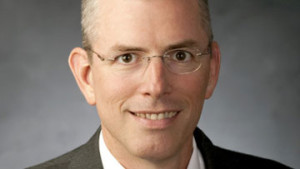 The information systems professor who heads the entrepreneurship program at Brigham Young University’s Marriott School of Business probably isn’t the first person who comes to mind when thinking about how to explain Steinbeck’s novel East of Eden to an academic audience. But that’s exactly what Steve Liddle—a California native who first read The Grapes of Wrath as a boy—brought off brilliantly in a stirring speech about free will and personal responsibility to Brigham Young University faculty and students on May 3. Non-members of the Mormon Church, with which the Provo, Utah university is affiliated, might consider Latter-Day Saints (the accurate term for Mormons) too conservative for Steinbeck, but Steve Liddle explains timshel better than anyone we’ve heard anywhere. Listen to the address at Brigham Young University’s podcast site to learn how. (To get to the East of Eden part quickly, advance the podcast dial to 20 minutes. But Liddle’s full speech is inspiring, even for non-Mormons.)
The information systems professor who heads the entrepreneurship program at Brigham Young University’s Marriott School of Business probably isn’t the first person who comes to mind when thinking about how to explain Steinbeck’s novel East of Eden to an academic audience. But that’s exactly what Steve Liddle—a California native who first read The Grapes of Wrath as a boy—brought off brilliantly in a stirring speech about free will and personal responsibility to Brigham Young University faculty and students on May 3. Non-members of the Mormon Church, with which the Provo, Utah university is affiliated, might consider Latter-Day Saints (the accurate term for Mormons) too conservative for Steinbeck, but Steve Liddle explains timshel better than anyone we’ve heard anywhere. Listen to the address at Brigham Young University’s podcast site to learn how. (To get to the East of Eden part quickly, advance the podcast dial to 20 minutes. But Liddle’s full speech is inspiring, even for non-Mormons.)
Report on Japanese-Americans in Monterey Herald Recalls John Steinbeck, Internationalist
According to a report by Monterey Herald writer Carly Mayberry, the Japanese American Citizens League Hall in Monterey, California has a World War II-era letter, signed by (among others) John Steinbeck, welcoming the Japanese to the city Steinbeck later left because, he said, he no longer felt welcome there. The April 25 Monterey Herald story notes that the 90-year old building was given to the Monterey chapter of the Japanese American Citizens League by an organization called the Japan Businessman Association in 1942, the year the United States entered World War II after the Japanese attack on Pearl Harbor. Steinbeck—an advocate of constitutional rights for all citizens—protested the Japanese internment that followed as immoral and unnecessary. But he was also a realist. During their 1940 expedition to the Sea of Cortez, he and his friend Ed Ricketts (who also signed the welcome letter) lamented the damage being done to the fragile ocean floor by Japanese commercial fishing. Later they tried unsuccessfully to interest the U.S. government in Japanese-sponsored scientific research documenting the underwater geography of the Pacific, where Japanese and American forces fought bitterly for supremacy throughout World War II. That conflict ended in August 1945, when American bombers dropped nuclear weapons on the Japanese cities of Hiroshima and Nagasaki. Japan eventually recovered, and Steinbeck eventually visited Tokyo, speaking at a 1957 writers’ meeting ten years after the trip he made to Soviet Russia with another international-minded friend, the French-Hungarian photographer Robert Capa. Ten years later he traveled to Southeast Asia, the final leg in a life journey that ended back on the Monterey Peninsula, where his wife, sons, and sisters scattered his ashes in 1968. Observing the family’s wish for privacy, the Monterey Herald declined to report on the event.
International Relations Explored at John Steinbeck Conference in San Jose
Steinbeck lovers from all over convene this Wednesday at San Jose State University’s Martin Luther King, Jr. Library, where Steinbeck experts will probe literary influences, international relations, and various cultural collisions found in the author’s controversial writing and reputation. Speakers for the May 4-6 conference, hosted by the International Society of Steinbeck Scholars, include Robert DeMott and Susan Shillinglaw—former directors of the Martha Heasley Cox Center for Steinbeck Studies at San Jose State and authors of major books on Steinbeck’s life and work—as well Richard Astro, a pioneer in the study of Steinbeck’s friend and collaborator Ed Ricketts; Mimi Gladstein, a Texas theater and English professor who writes about Steinbeck’s depiction of women; and Paul Douglass, an expert on modern literature and philosophy at San Jose State who served as the Steinbeck Center’s director from 2005 to 2013. The conference organizers—led by Nick Taylor, the center’s current director, and Barbara Heavilin, the editor of Steinbeck Review—are prepared for sparks to fly and made plans accordingly. When the conference closes on Friday, attendees will have the option of boarding a bus for Salinas, 90 minutes south of San Jose, where they can decompress by enjoying the 2016 Steinbeck Festival, “Steinbeck on Land and Sea.”
